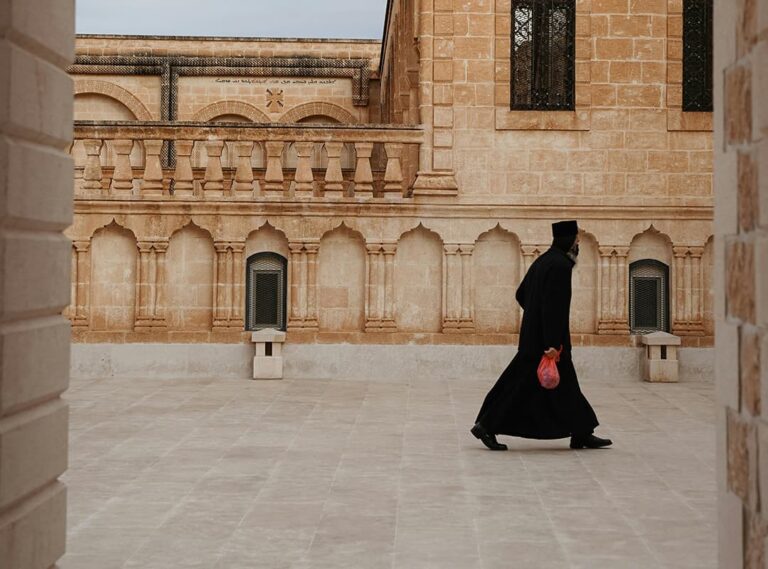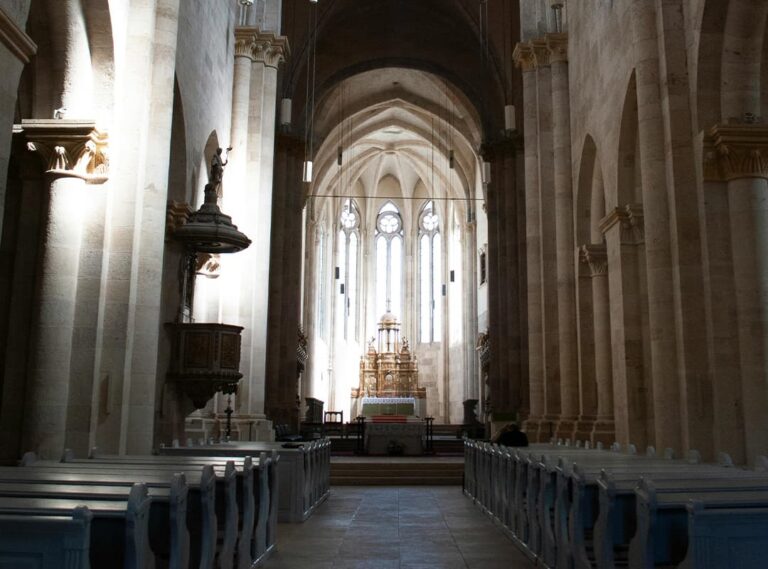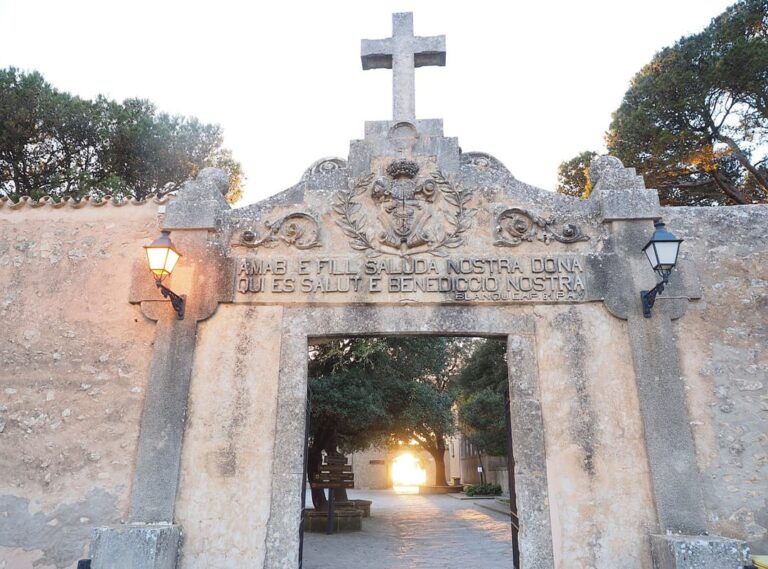The Mendicant Orders, originating in the early 13th century, were a significant development in medieval Christianity, marking a shift in monastic life and religious practice. These orders, including the Franciscans, Dominicans, Carmelites, and Augustinians, were characterized by their vows of poverty and their commitment to preaching and serving in urban environments. Unlike traditional monastic communities that focused on contemplative life within monasteries, Mendicant Orders were active in the world, engaging with laypeople and addressing contemporary social and spiritual needs. This article explores the nature and impact of the Mendicant Orders, and highlights their influence on the Church and society. The role of Catholic shrines in Missouri offers a broader context for understanding the legacy of these orders and their enduring impact.
Origins and Key Characteristics
- Historical Context
The rise of the Mendicant Orders was a response to the social and religious climate of the 13th century. As cities grew and the Church faced various challenges, there was a need for a new form of religious life that could address the needs of an increasingly urbanized and diverse society. The Mendicant Orders emerged as a solution to this need, emphasizing a life of poverty, preaching, and active engagement with the community. - Vows and Lifestyle
Members of Mendicant Orders took vows of poverty, chastity, and obedience, but their interpretation of poverty was particularly distinctive. Unlike traditional monks who lived in isolated monasteries, Mendicants adopted a lifestyle of absolute poverty, relying entirely on the charity of others for their sustenance. They lived among the people, engaging in preaching, teaching, and social service, rather than withdrawing from the world. - Preaching and Education
A key characteristic of the Mendicant Orders was their focus on preaching and education. They established schools and universities, and their members were instrumental in the development of medieval theology and philosophy. Their educational institutions became centers of learning and intellectual exchange, contributing significantly to the intellectual and spiritual life of the Church.
Impact on the Church and Society
- Revival of Spirituality
The Mendicant Orders played a crucial role in the revival of Christian spirituality in the Middle Ages. By emphasizing personal piety and direct engagement with the lay faithful, they revitalized the Church’s mission and inspired a renewed focus on the needs of ordinary people. Their presence in urban centers brought spiritual guidance and support to diverse communities. - Social and Charitable Work
The Mendicants were also known for their charitable activities. They established hospitals, shelters, and orphanages, addressing the immediate needs of the poor and marginalized. Their commitment to service reflected the Gospel’s call to care for the least among us and provided practical assistance in areas where it was most needed. - Theological and Intellectual Contributions
The theological and intellectual contributions of the Mendicant Orders were profound. Dominicans and Franciscans, among others, made significant contributions to medieval theology, including the development of scholasticism. Their work helped shape the Church’s understanding of faith and reason and influenced the broader intellectual currents of the Middle Ages.
Legacy and Influence
- Enduring Impact
The legacy of the Mendicant Orders continues to influence the Catholic Church and broader society. Their emphasis on poverty, preaching, and active engagement with the world remains a model for many contemporary religious movements. The principles they established continue to guide the work of religious communities and their contributions to education, charity, and spiritual renewal. - Catholic Shrines in Missouri
The impact of the Mendicant Orders can be seen in various Catholic shrines and institutions around the world, including those in Missouri. These shrines serve as places of pilgrimage and devotion, reflecting the enduring influence of the Mendicants’ emphasis on spirituality and service. They stand as a testament to the lasting impact of the Mendicant tradition on the Catholic faith and its practices.
The Mendicant Orders represented a transformative development in medieval Christianity, introducing a new approach to religious life that emphasized poverty, preaching, and engagement with the world. Their contributions to spirituality, education, and social service had a profound impact on the Church and society. The legacy of the Mendicants is reflected in the Catholic shrines of Missouri and other places, which continue to honor their spirit of devotion and service. Through their innovative approach to religious life, the Mendicant Orders have left an enduring mark on the history of the Church and its mission in the world.











